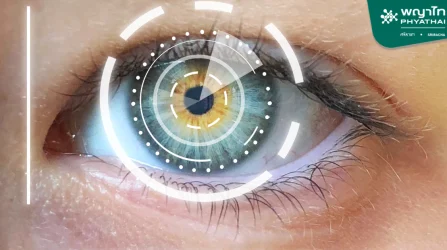If you are someone who experiences occasional or persistent back pain and often resolves the issue by taking painkillers or muscle relaxants to relieve the pain, it's time to stop that behavior... because it may not be the right solution. In fact, you may be unknowingly dealing with a spinal fracture!
For further information or Booking..
If you experience the following symptoms, you should consult a doctor promptly :
- Back pain accompanied by other symptoms such as weak or numb legs, difficulty moving legs
- Back pain radiating down to the buttocks and legs
- Persistent back pain lasting more than 3 months
- Sudden back pain that hinders daily activities
- Back pain after an accident or sports injury
- Recurring back pain that persists over time may indicate these spinal conditions
- Nerve impingement due to a displaced spinal disc
This condition can cause sudden and severe inflammation, such as lower back pain. The pain can occur on one or both sides and is often experienced while sitting or bending. Additionally, there may be tingling, numbness, and weakness in the leg muscles.
Spinal Stenosis
The symptoms are similar to nerve impingement due to a displaced spinal disc, but spinal stenosis typically has intermittent or gradually worsening symptoms. It involves chronic, centralized lower back pain that occurs when standing or walking, preventing long-distance walking. There may be leg weakness, leg pain, numbness, or muscle weakness.
Spinal Nerve Compression
This condition causes chronic pain that often occurs with specific movements such as bending, arching, or walking. There will be back pain, leg pain, and a feeling of heaviness in the hips or both legs. Severe cases may lead to loss of control over bowel and bladder movements.
Cervical Spine Degeneration
If the symptoms occur in the neck, arms, and legs, neck pain, shoulder pain, or stiffness may be felt. Some people may experience radiating pain up to the tailbone. When the symptoms affect the arms, there may be arm pain, tingling, or weakness in the arms, elbows, or fingers, causing difficulties in writing or playing musical instruments. If the symptoms occur in the legs, there may be a feeling of unsteadiness, short steps, and abnormal leg stiffness.


























